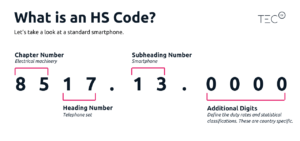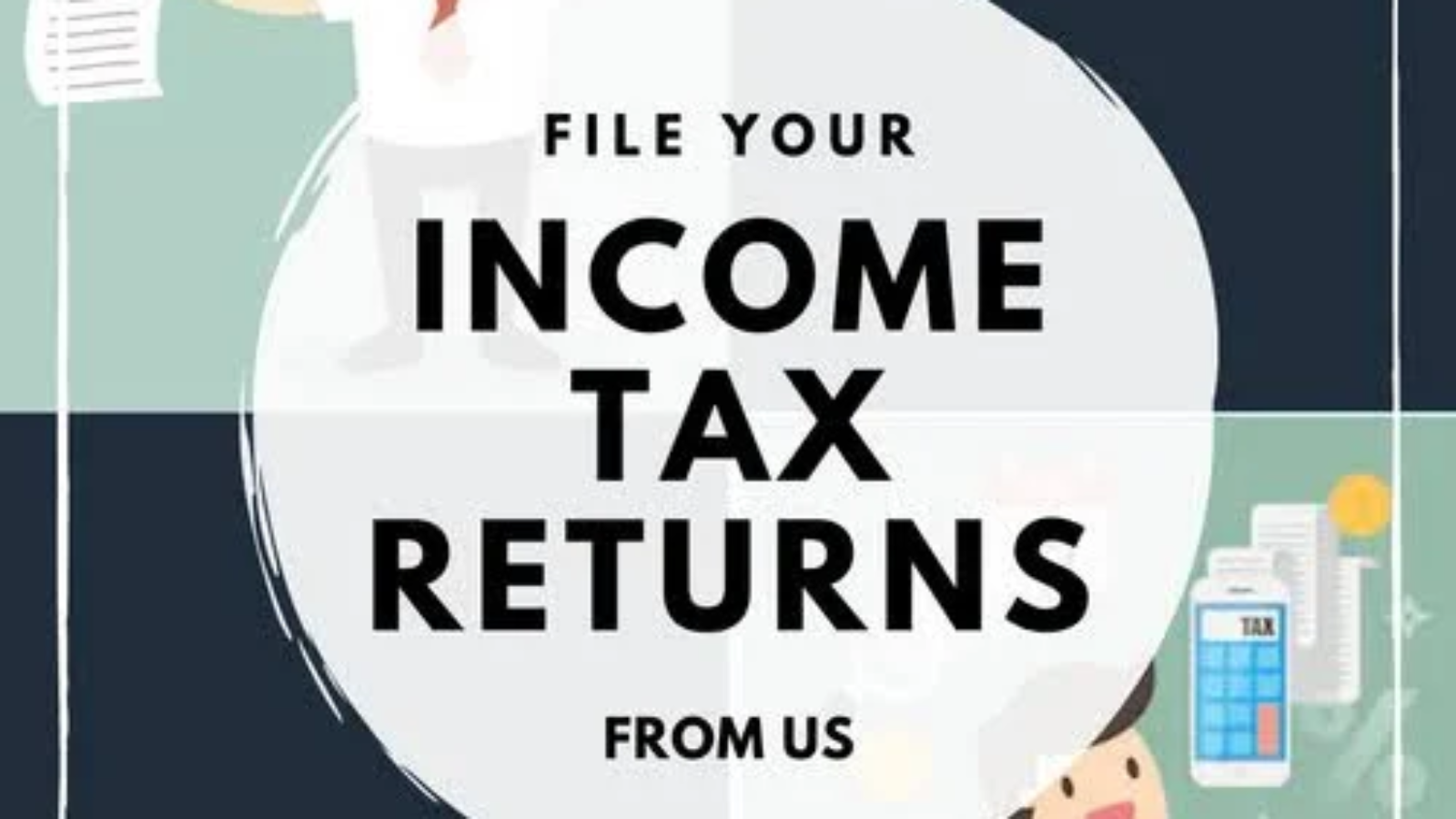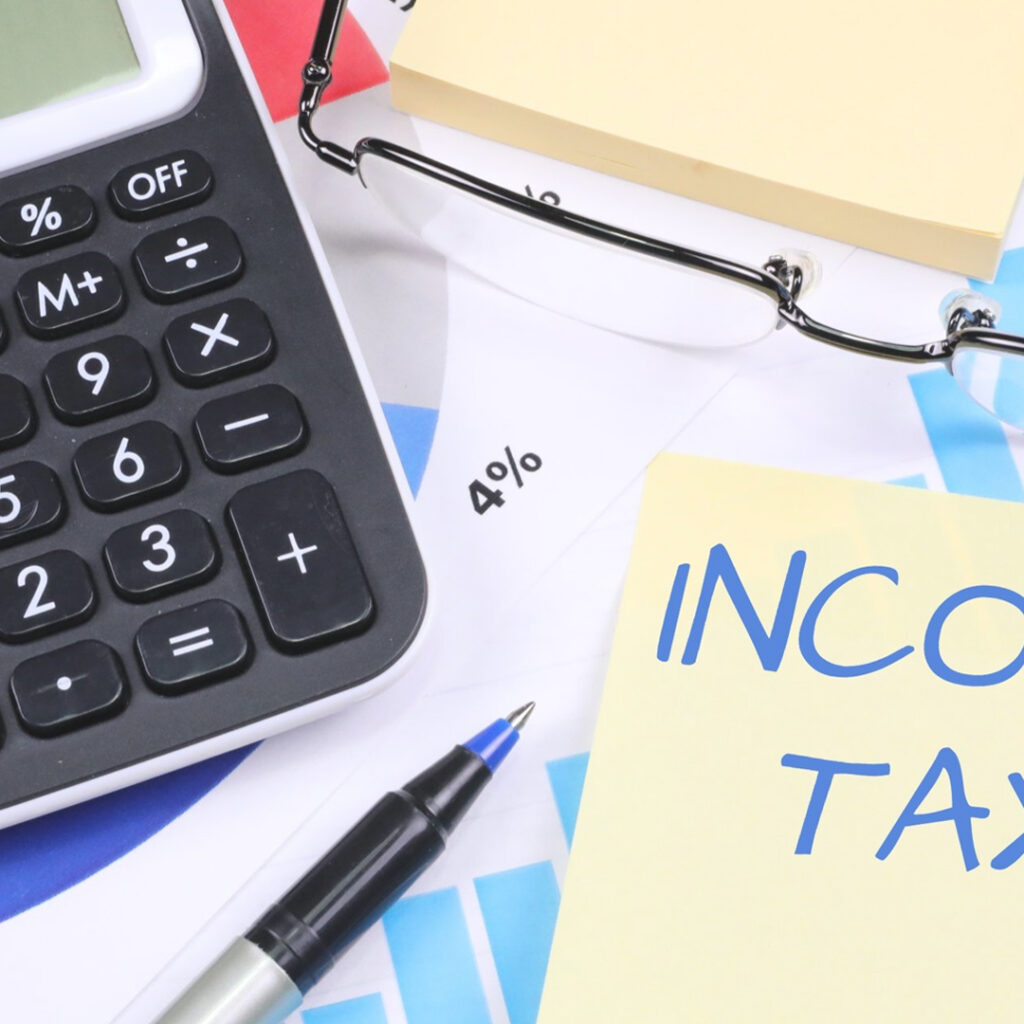HS codes, or Harmonized System codes, are internationally standardized numerical methods developed by the World Customs Organization (WCO) to classify traded products. They play a crucial role in international trade by providing a common language for identifying and describing goods across borders.ConsumerSearch.com+3Wikipedia+3Trade.gov+3
Why HS Codes Are Needed
- Facilitate Customs Procedures: HS codes streamline customs clearance processes by enabling customs authorities to quickly identify and categorize products. This reduces delays and ensures that goods comply with national regulations.
- Determine Duties and Taxes: The classification of goods using HS codes helps in accurately assessing applicable import duties and taxes, ensuring that the correct rates are applied.
- Ensure Compliance: Accurate use of HS codes ensures that products meet all necessary standards and regulations when entering foreign markets, minimizing the risk of penalties or fines
- Facilitate Trade Data Analysis: HS codes provide a standardized framework for collecting and reporting trade statistics, aiding in market analysis and policy-making.

How to Work with HS Codes
- Identify the Correct HS Code: Determine the appropriate HS code for your product by consulting the WCO’s Harmonized System or using tools provided by customs authorities.Investopedia+5Trade.gov+5DHL+5
- Use HS Codes in Documentation: Include the correct HS code in shipping documents such as invoices, packing lists, and bills of lading to ensure smooth
- customs clearance.
- Stay Updated: HS codes are updated periodically to reflect changes in trade patterns and product innovations. Regularly check for updates to ensure compliance.
For more detailed information and resources on HS codes, you can visit the official websites of the WCO and your country’s customs authority








